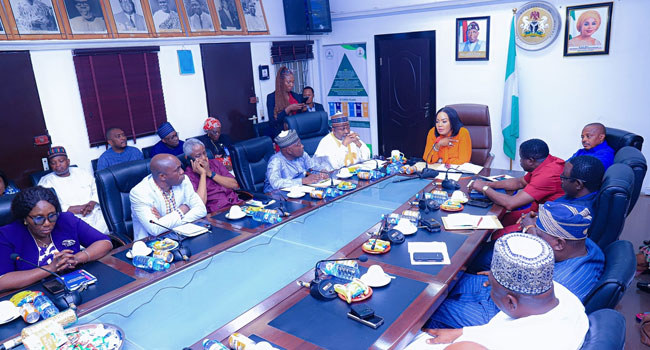Following extensive negotiations on Friday, the Federal Government and the organised private sector have revised their offer for the new minimum wage to N62,000, up from the previous N60,000 proposal.
This development marks the conclusion of deliberations by the tripartite committee established by the Federal Government after months of discussions. The revised recommendations will be forwarded to President Tinubu, who is expected to present an executive bill to the National Assembly for legislative consideration.
While both labour and the organised private sector had agreed that the current minimum wage of N30,000 is no longer sustainable, reaching a consensus on the new figure had proved challenging.
Labour initially proposed N494,000, which was deemed excessive by the government and private sector. Conversely, the government’s offer of N60,000 was considered inadequate by labour.
The strike action initiated by labour on June 3, following the expiration of an ultimatum, disrupted business operations nationwide. However, the strike was suspended on Tuesday after the Federal Government committed to increasing the minimum wage beyond N60,000.
READ ALSO: Tripartite Committee Meets President Tinubu Amidst Labour Strike Negotiations
Despite the slight increase to N62,000, labour remains adamant about accepting anything less than a substantial raise. Festus Osifo, President of the Trade Union Congress (TUC), emphasized that they would not settle for minimal additions to the previous offer.
On the other hand, the 36 state governors have expressed concerns about the sustainability of the proposed N60,000 minimum wage, stating that it would strain state finances. They urged the tripartite committee to agree on a wage that is both fair and viable for all stakeholders.
As discussions continue, the fate of the new minimum wage proposal hangs in the balance, with stakeholders striving to find common ground amidst differing perspectives on its feasibility and impact.









